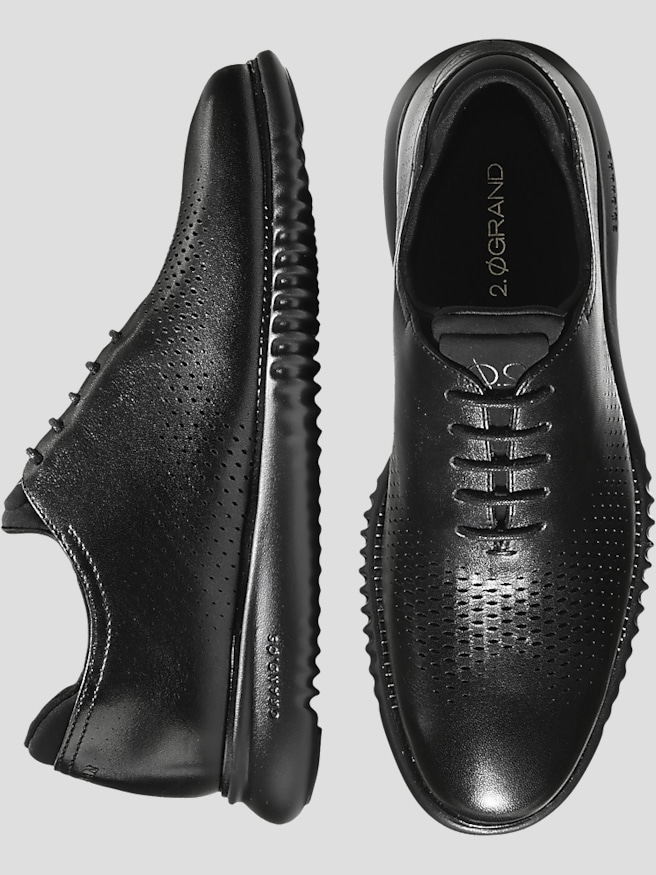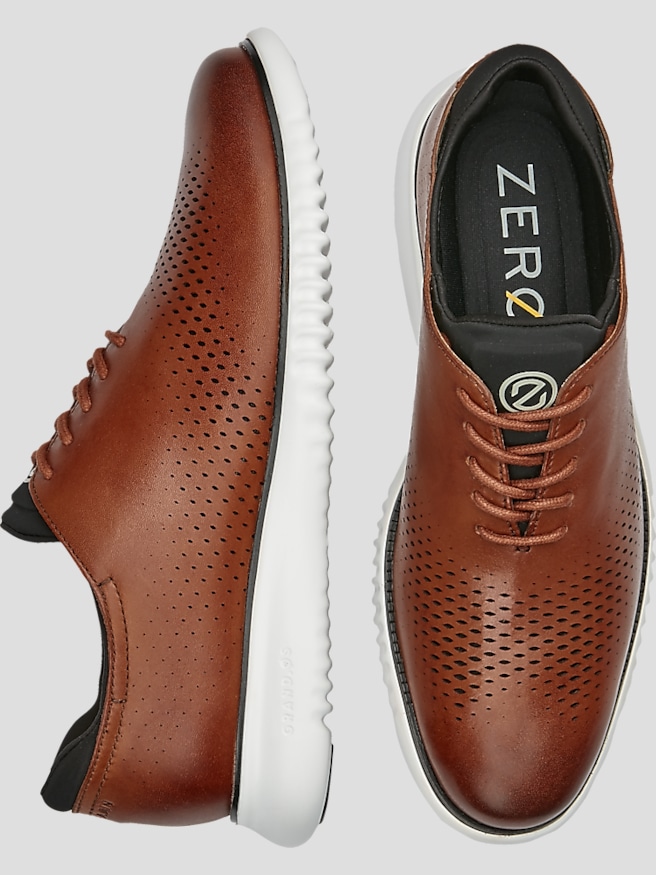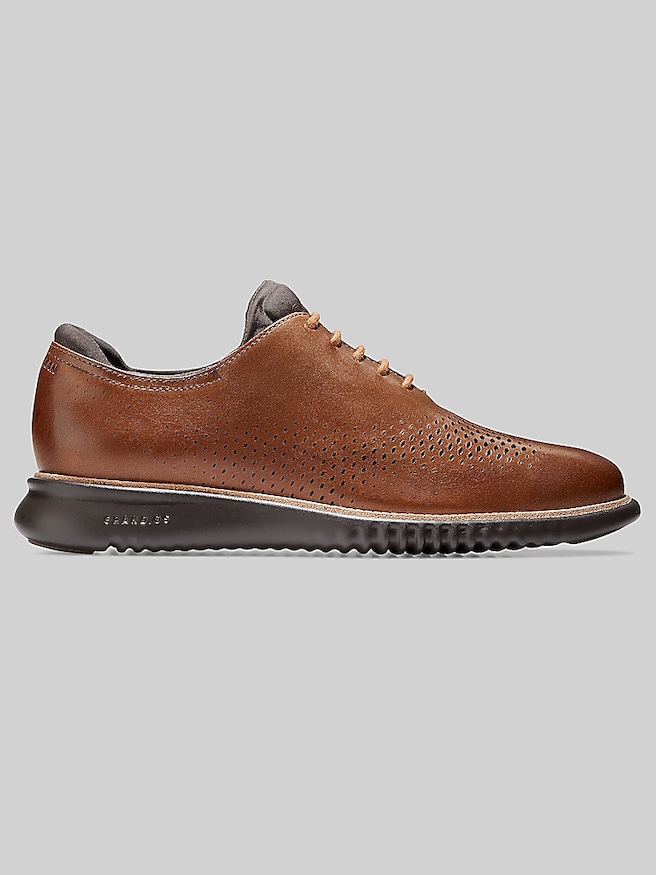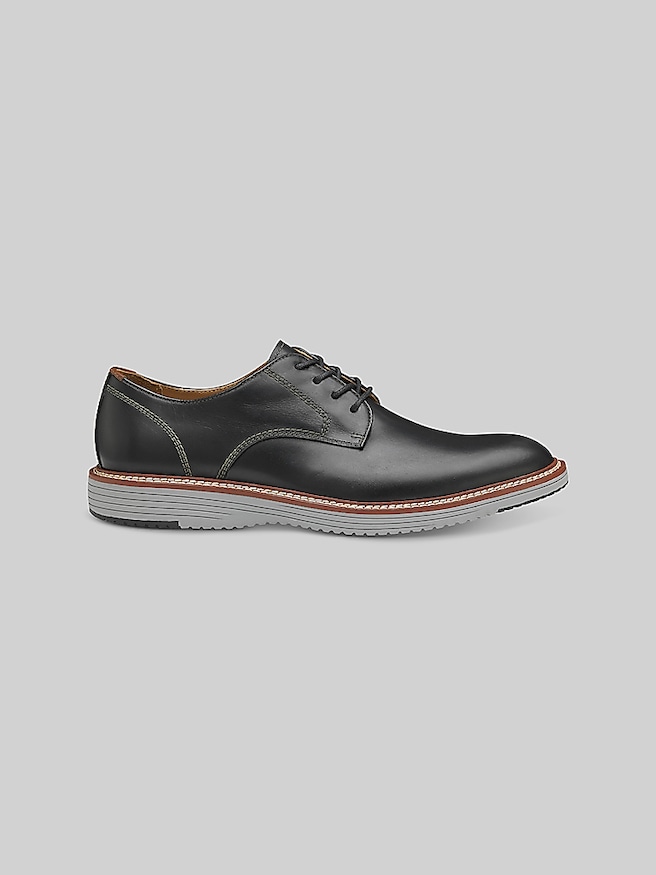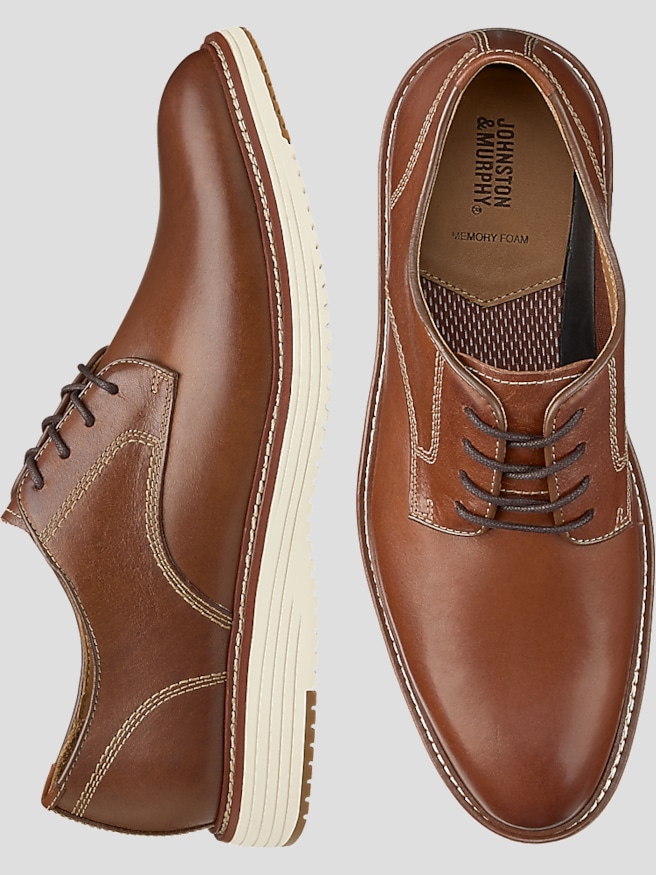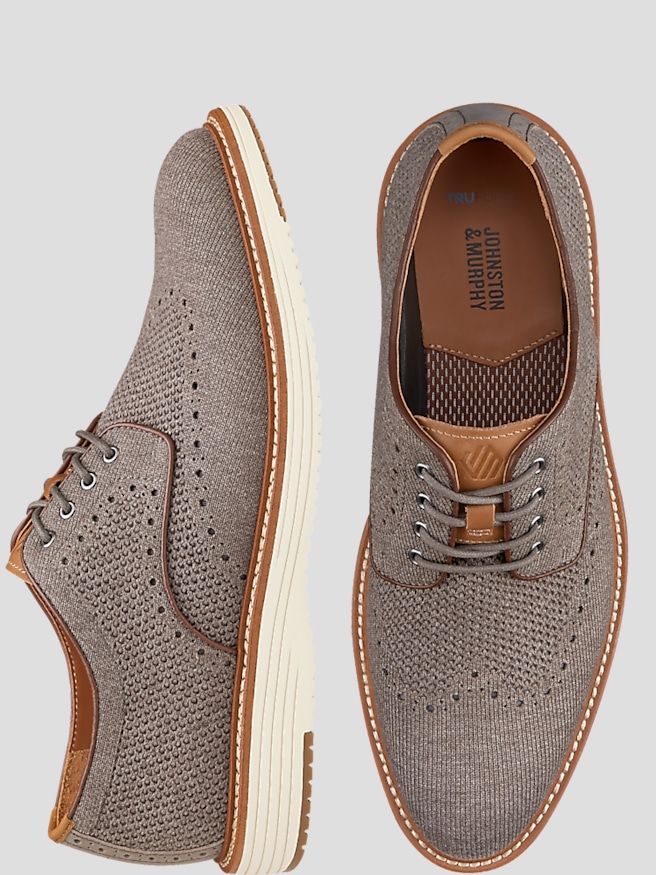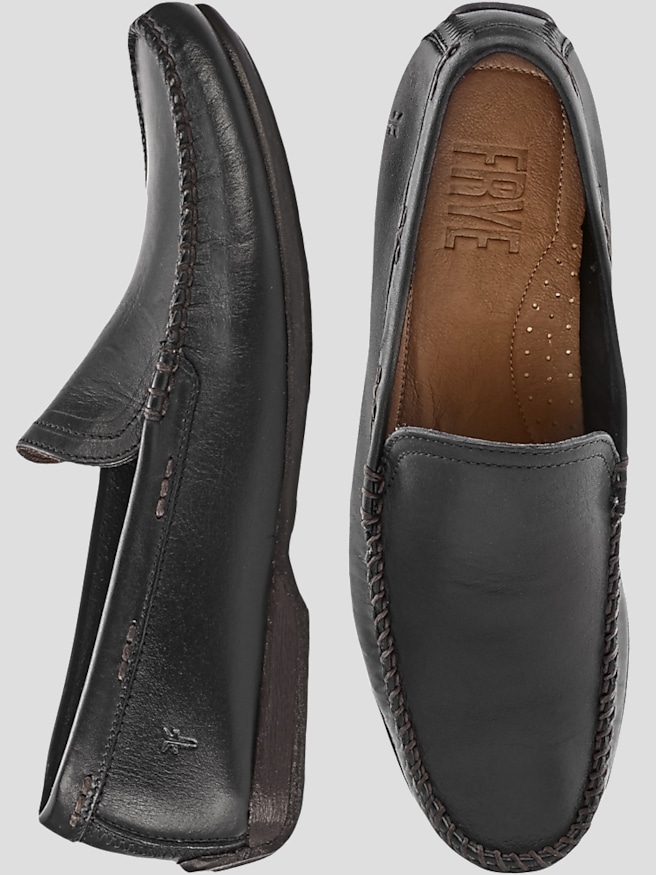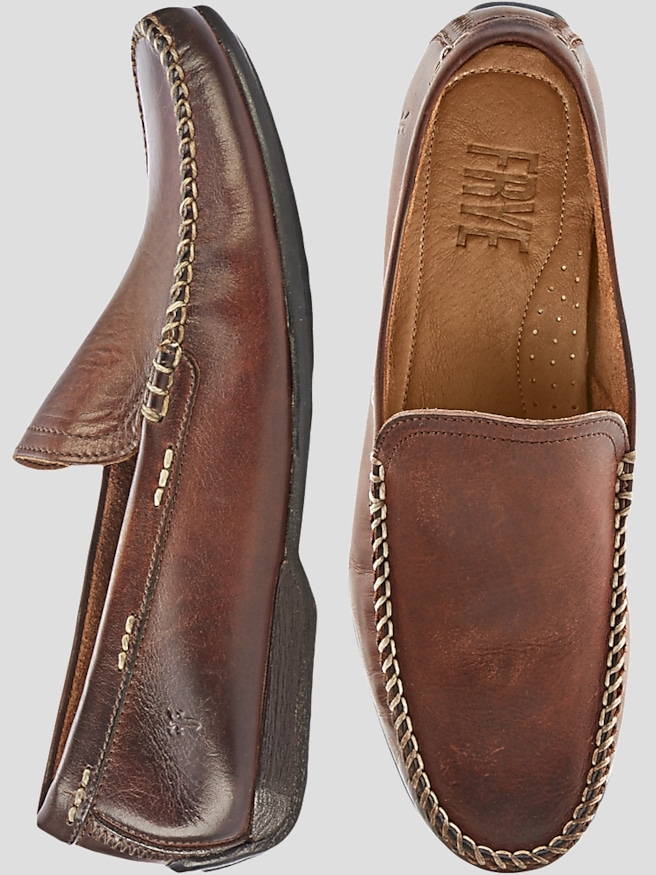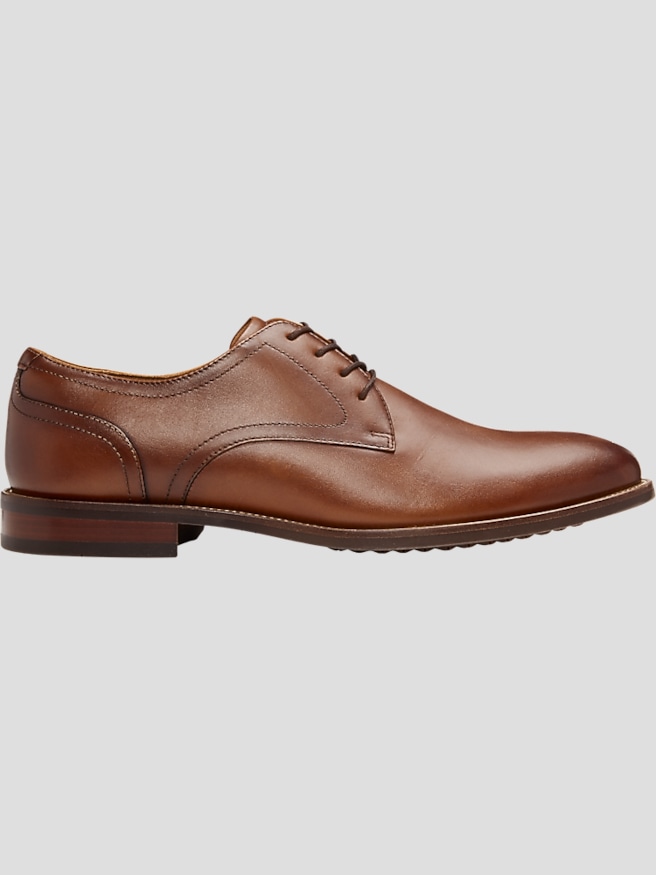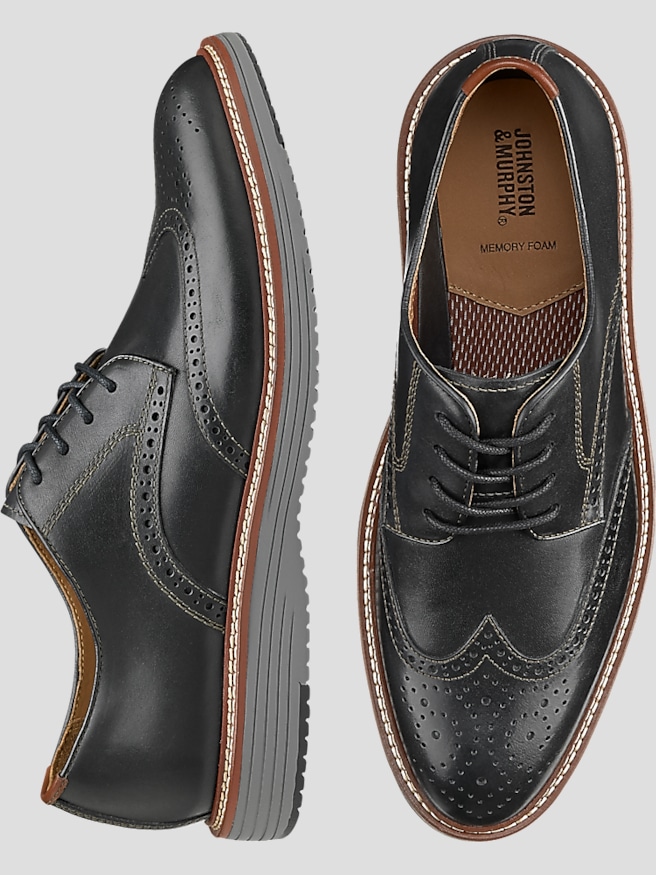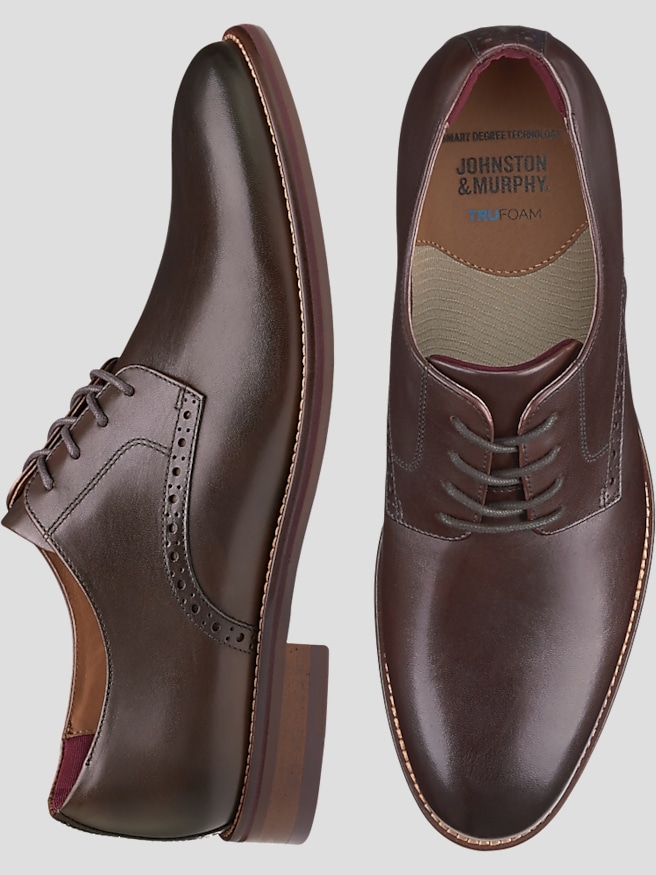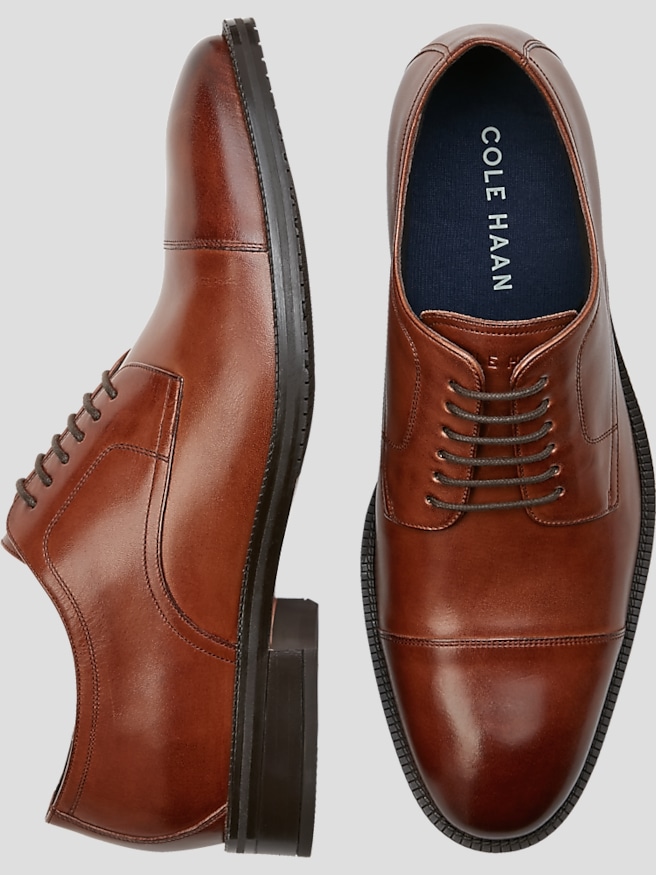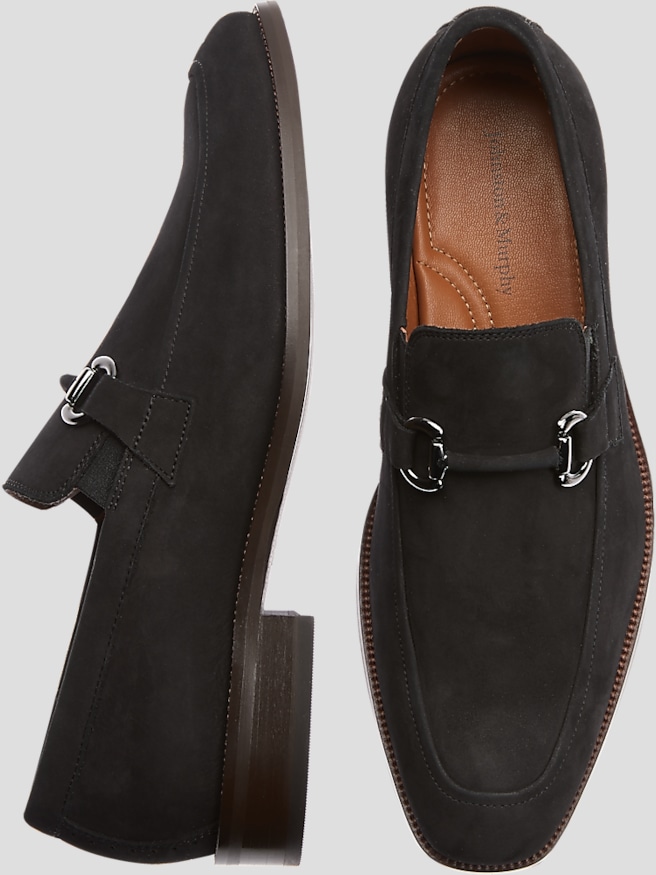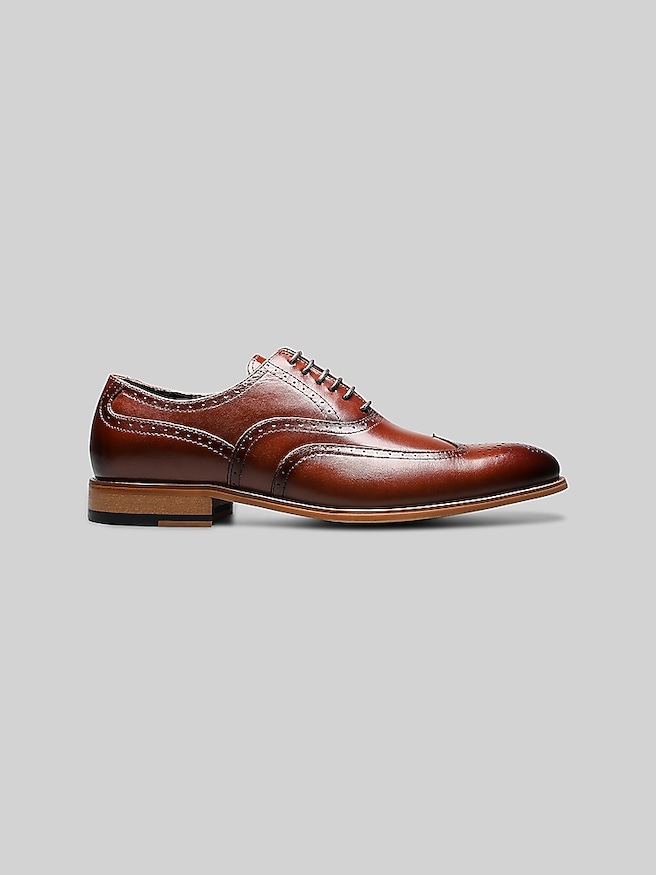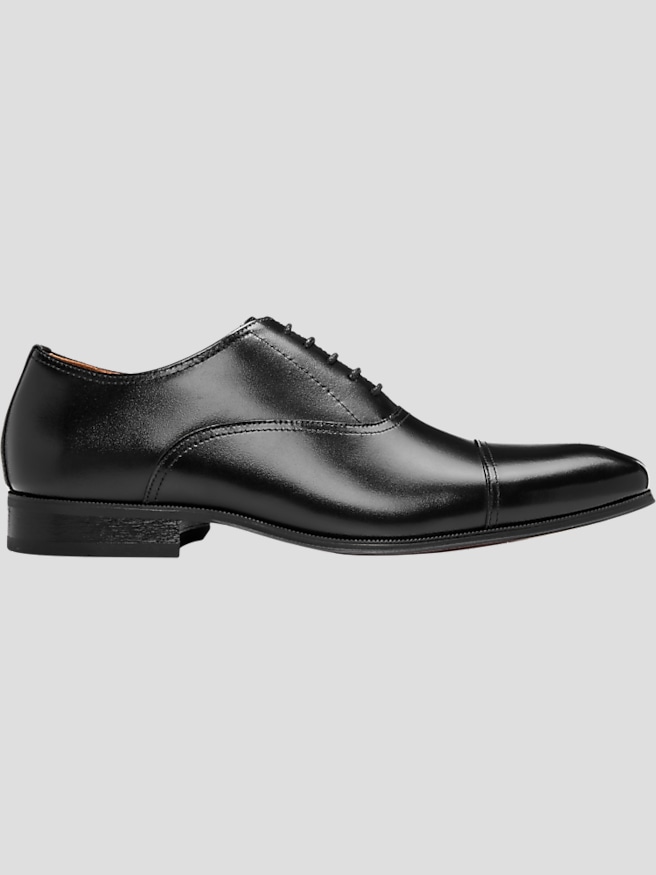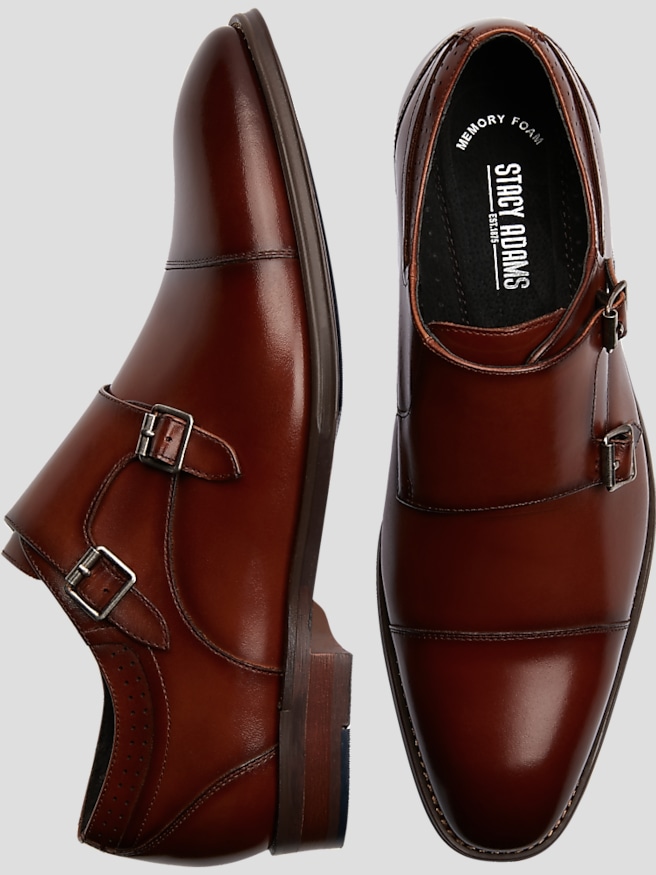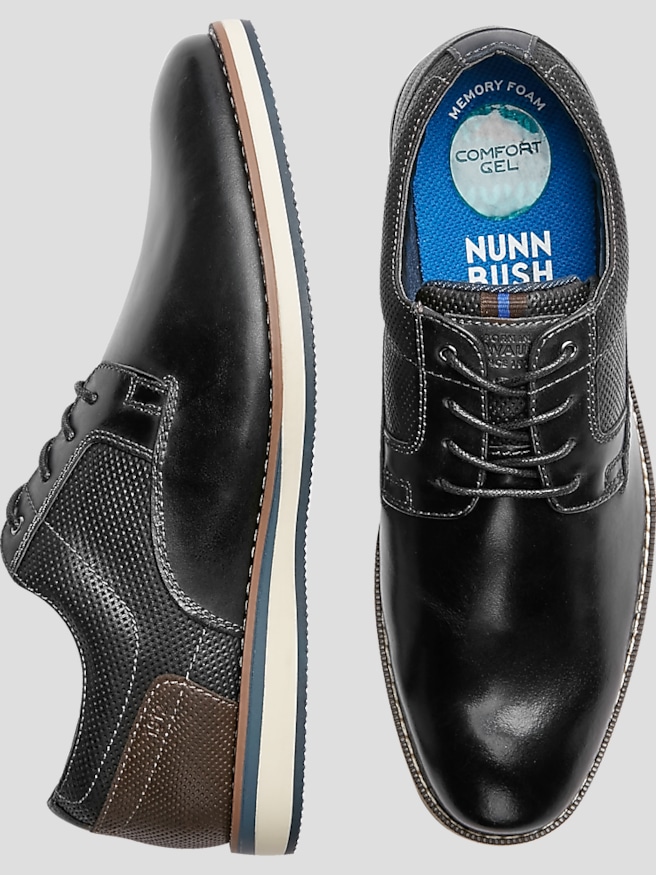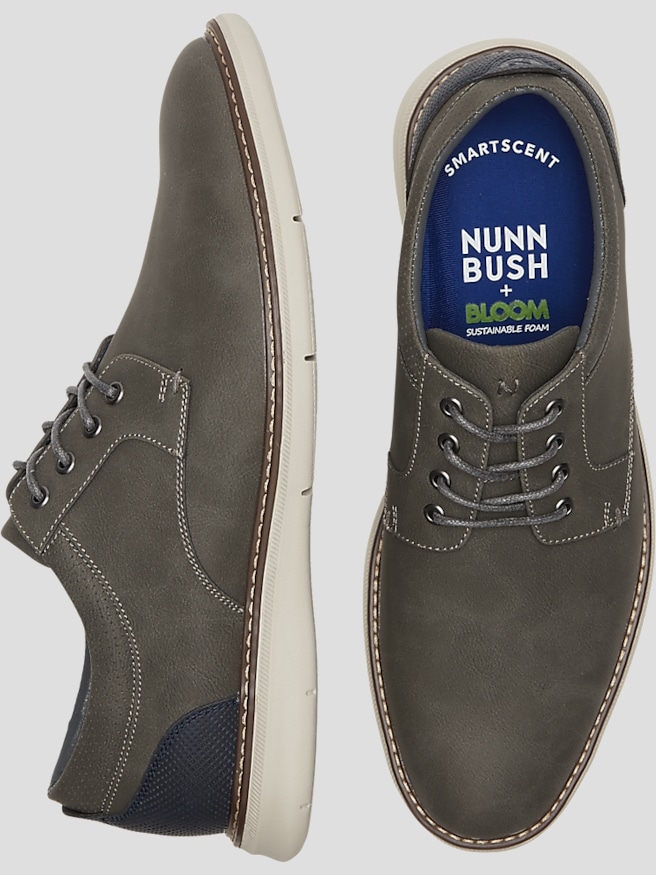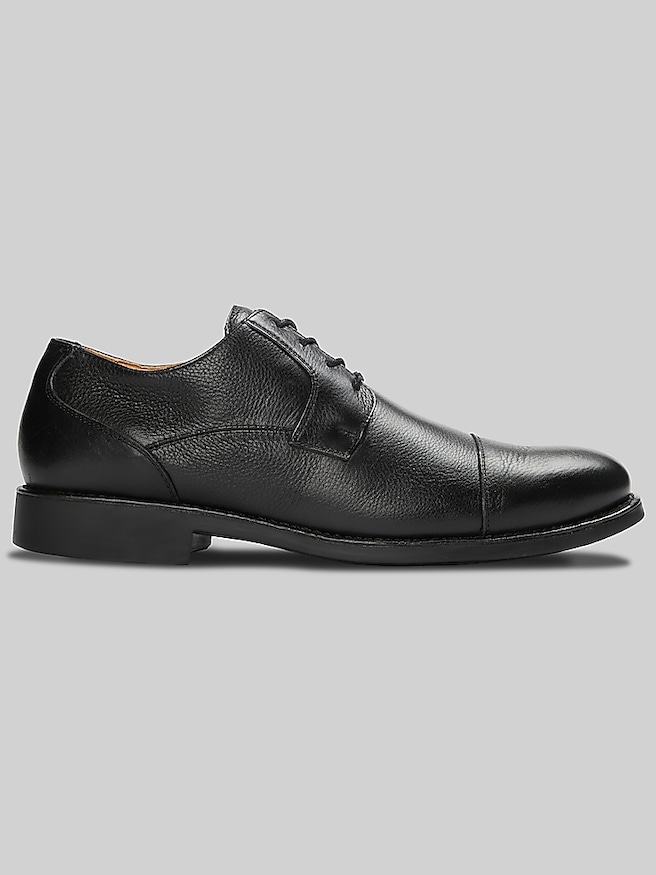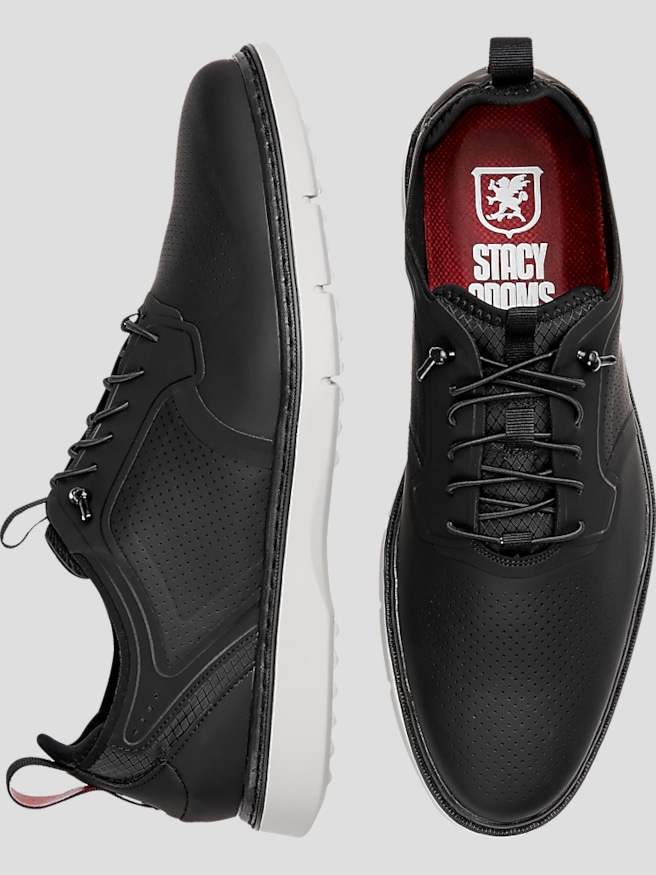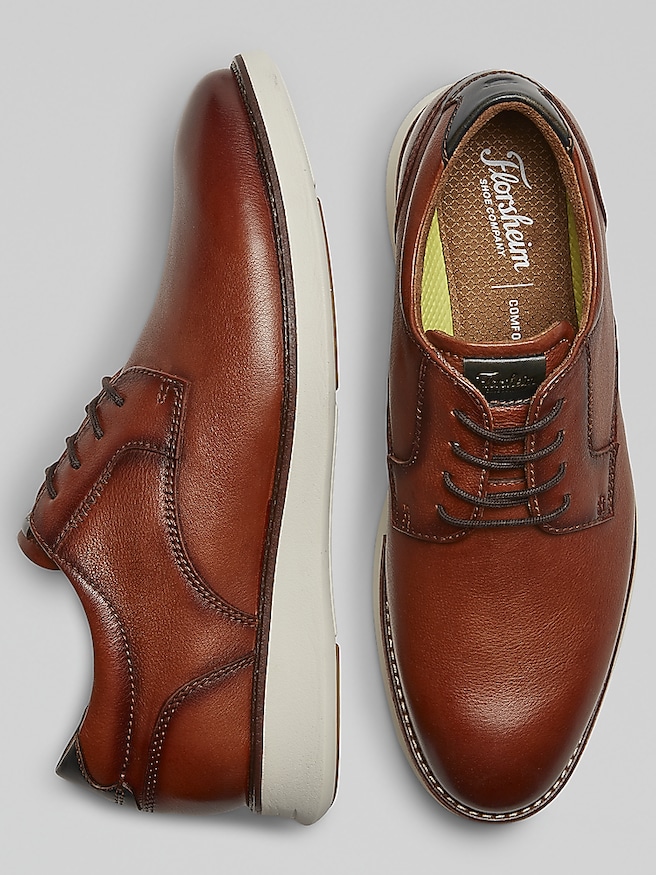Smart Business Shoes
Elevate your professional wardrobe with our selection of smart business shoes, designed to make a lasting impression in any corporate setting. Whether you're stepping into the boardroom or attending an important client meeting, the right pair of shoes can enhance your confidence and complement your polished look. Our curated collection combines timeless style with modern sophistication, ensuring you find the perfect fit for every occasion. Discover versatile designs that seamlessly transition from day to night, offering both comfort and elegance. Explore Men's Wearhouse's range of smart business shoes and step up your style game today.
Smart Business Shoes
FAQs
What features should I look for in a pair of smart business shoes for year-round wear?
For year-round versatility, choose business shoes crafted from high-quality leather or durable synthetic materials that offer breathability and weather resistance. Look for cushioned insoles for comfort during long days, sturdy outsoles for reliable traction, and classic colors like black or brown that pair well with a variety of business attire. Subtle design elements, such as minimal stitching or sleek profiles, ensure your shoes remain stylish across seasons and changing trends.
Are smart business shoes suitable for business-casual environments?
Smart business shoes are a great choice for business-casual settings. Styles like loafers, derbies, and brogues can be dressed down with chinos or tailored jeans while still maintaining a polished appearance. Choosing shoes in lighter shades or with subtle detailing can help bridge the gap between formal and casual, making them a versatile addition to your wardrobe.
How can I care for my business shoes during the winter months?
During winter, it’s important to protect your business shoes from moisture and salt. Regularly clean them with a soft brush or cloth, apply a leather conditioner to keep the material supple, and use a waterproofing spray for added protection. Allow shoes to dry naturally if they become wet, and use shoe trees to help maintain their shape.
What types of outfits pair best with smart business shoes?
Smart business shoes are designed to complement a range of professional outfits, from classic suits and dress pants to business-casual looks like chinos and blazers. For formal occasions, pair them with a tailored suit and dress shirt. For a more relaxed office look, opt for dark denim or chinos with a button-down shirt and a coordinating belt.
Are smart business shoes a good gift for someone starting a new job?
Smart business shoes make an excellent gift for someone beginning a new role or entering the professional world. They symbolize confidence and readiness, and a quality pair can help the recipient make a positive impression from day one. Consider classic styles in versatile colors to ensure they fit seamlessly into any wardrobe.
